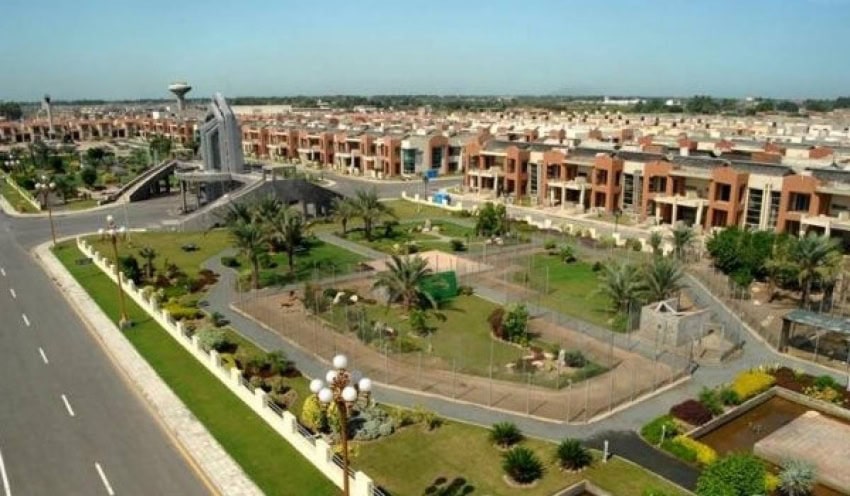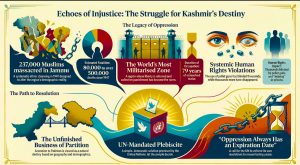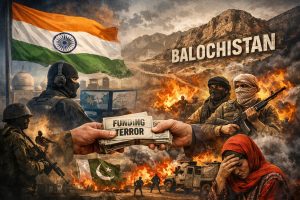Pakistan is not unique in its practice of investing black money in real estate to make it white. Similar practices can be found in many countries around the world, particularly in developing economies; however, the broader impact of these practices on the economy can vary depending on factors such as the size and structure of the real estate market, the level of regulation, and the overall health of the economy.
Let us explore the impact of investing black money in real estate on the Pakistani economy and compare it with other countries that have different policies in this regard besides examining the factors that have contributed to Pakistan’s economic struggles and assessing the role that real estate investment has played in these challenges.
Black money in Pakistan ends up in real estate which has contributed to a concentration of wealth in few hands and a lack of investment in other sectors of the economy. The real estate market has become a safe haven for those looking to launder money or evade taxes, leading to a distortion of prices and a lack of transparency. The impact of this practice on the economy is huge as the real estate market has become a major driver of economic growth in Pakistan accounting for a significant share of GDP.
The pumping of black money into real estate has led to the misallocation of resources and a lack of diversification in the economy, making it more vulnerable to external shocks. The spillover effect of this investment channel is income inequality and a lack of social mobility. While those with ill-gotten gains make millions, those who are unable to invest in the real estate market are left behind, leading to a widening gap between the rich and poor. This disparity has contributed to social unrest and political instability, further undermining economic growth.
Tackling the whitening of black money isn’t a tough nut to crack as countries around the world have taken different approaches to real estate investment, with varying degrees of success. For example, in countries like Singapore and Hong Kong, the government has implemented strict regulations on the real estate market to prevent speculation and ensure that housing remains affordable for ordinary people. In Singapore, the government has implemented a comprehensive set of policies to regulate the real estate market. These policies include restrictions on foreign ownership, a system of stamp duties, and limits on the amount of loans that individuals can take to purchase property. Similarly, in Hong Kong, the government has implemented a series of measures to regulate the real estate market and ensure that housing remains affordable.
These measures include a progressive stamp duty system, restrictions on foreign ownership, and a subsidy scheme for low-income families. In contrast, countries like India and Indonesia have struggled with similar challenges faced by Pakistan, with a concentration of wealth in the real estate market leading to a lack of investment in other sectors of the economy. In India, for example, the real estate market has become a major driver of economic growth, but this growth has been largely driven by speculative investments rather than productive investments. This has made the economy vulnerable to external shocks as highlighted above.
Pakistan has faced significant economic challenges in recent years, including a balance of payments crisis, high inflation, and low levels of foreign investment. The country has also struggled with political instability and social unrest, which have further dent a severe blow to economic growth. Real estate investment has played a significant role in this regard as the focus on this sector has also made it difficult for the government to implement policies to support other areas of the economy, such as manufacturing or agriculture.
To address these challenges, Pakistan needs to implement policies to promote greater transparency and accountability in the real estate market through increased regulation, greater disclosure requirements, and penalties for those who engage in illicit activities.
In conclusion, real estate investment is a double-edged sword for Pakistan but to make this investment worthwhile in the long run, there should be a framework just like Singapore and Hong Kong to regulate the market and derive benefits for the greater good instead of widening the gap between the haves and the have nots.














